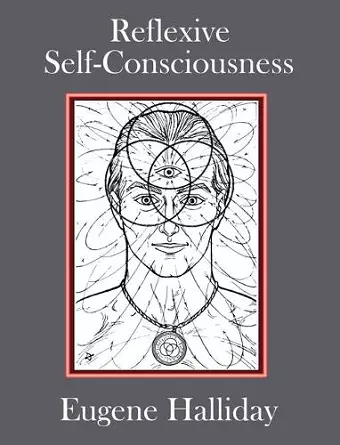The Collected Works of Eugene Halliday
Eugene Halliday author David Mahlowe editor Hephzibah Yohannan editor
Format:Paperback
Publisher:The Melchisedec Press
Published:1st Oct '19
Currently unavailable, and unfortunately no date known when it will be back

How can we deal with the rapidly increasing pace and complexity of life, fear of terrorism and the threatening state of world affairs, climate breakdown, the confusions of personal relationships-without succumbing to stress, depression and illness? Halliday provides a way to assimilate the shocks of life experiences, so that we might live a more balanced life. The way to achieve this is through reconnecting with the centre of our own being, our consciousness. Halliday sets out not only the nature of this consciousness, but also its relation to the world of phenomena, to the nature of being, and in particular, to mankind. He begins by examining the meaning of terms such as sentience, consciousness and awareness. They are to some degree interchangeable and refer to, `That in and by which we know what we know, and that we know.' If we ask ourselves what this statement means, we can only say that, `We know what we mean. Consciousness is its own evidence', and thus we cannot indicate what we mean by one of these consciousness-related words, `without appealing to that in us, which corresponds with their significance, that is, to that in us which knows that it knows'. Halliday sees a complex structure such as the brain, as `a vehicle for the expression of the complex processes of an [already existing] sentience'. He posits that the ultimate source and origin of our being resides in an absolute field of sentience, and states that the true nature of the self is `consciousness itself'. But, as beings with physical bodies, we are tyrannised by the limitations of our sense organs; by the pursuit of pleasure and the avoidance of pain, by emotional charges in the records of our experiences, so that we often behave in a reactive manner-as if we were no more than animals with no free choice. But, if we remember the nature of our true self, and our source in consciousness, we can free ourselves from this enslavement and become human, that is, capable of free choice and action.
I was delighted to discover the works of Eugene Halliday, and to meet the people who are carrying on his legacy through Ishval (Eugene Halliday Society), the organization he founded. Delighted for two reasons: First, because here was a teacher and visionary who had seen deeply into the nature of reality to recognize that consciousness "goes all the way down" - that all of nature, indeed the entire cosmos-"tingles with the spark of spirit" (my phrases, but equally his insights). Second, he is one of the few teachers of consciousness who not only recognized that consciousness is always embodied, but also that we should not confuse consciousness with energy (its embodiment). Reading his books, particularly, Reflexive Self-Consciousness, I felt as though I was having a conversation with a fellow spirit, a clear thinker who saw beyond boundaries of academic philosophy, and was committed to contributing a transformative philosophy of life that honors both head and heart. I urge my students (and others) to read his books. If you haven't done so already-treat yourself!" Christian de Quincey, professor of Philosophy and Consciousness Studies at John F. Kennedy University
ISBN: 9781872240398
Dimensions: 229mm x 152mm x 6mm
Weight: 155g
94 pages
4th New edition